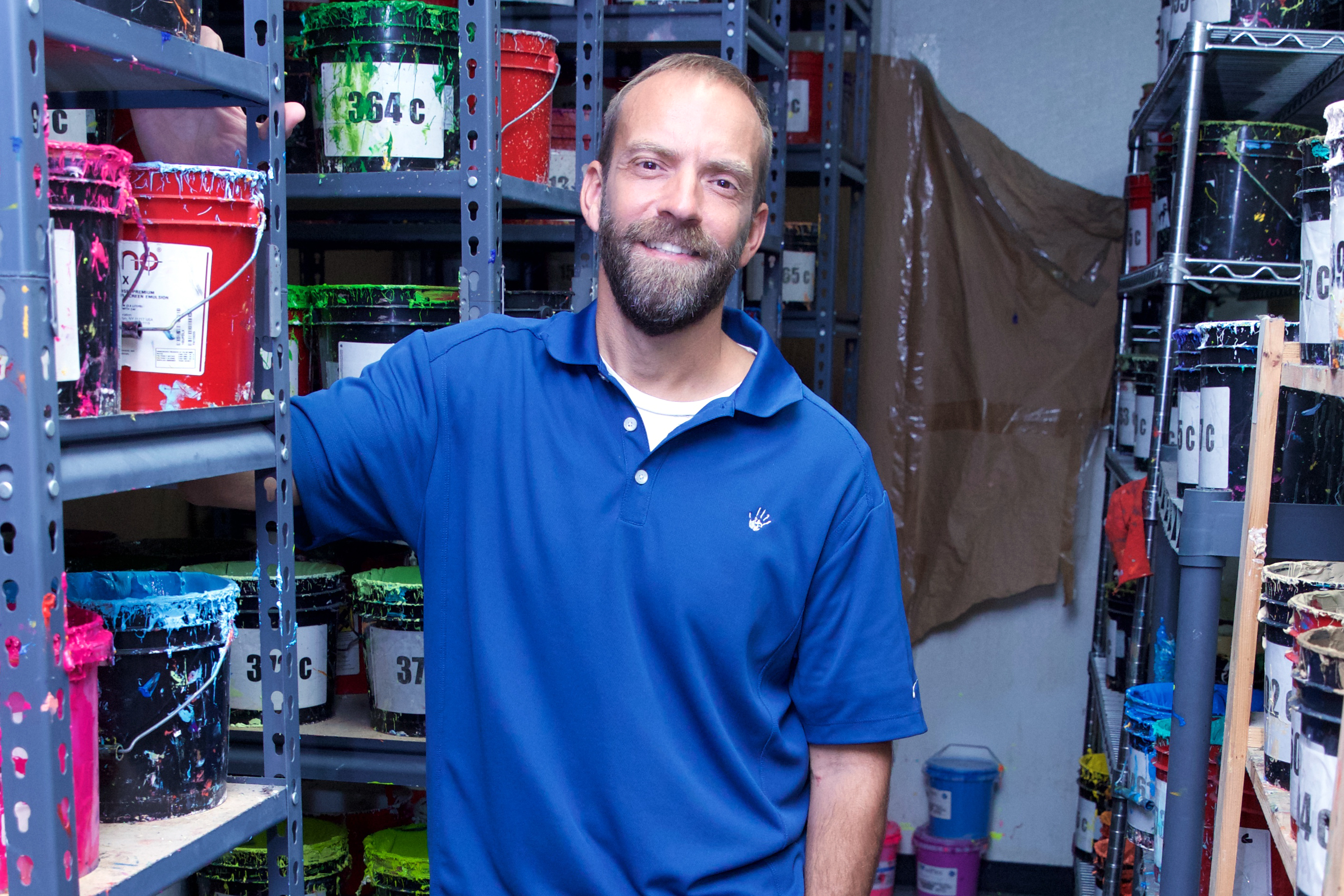By: Steve West – world.wng.org – November 5, 2019
The Kentucky Supreme Court vindicated a Christian printer who didn’t want to print pro-LGBT messages, but the victory may prove hollow. The court dismissed an LGBT organization’s discrimination claims last Thursday but left significant free speech questions unanswered.
Since 2012, Blaine Adamson, the owner of Lexington, Ky., print shop Hands On Originals, has defended his right to decline making T-shirts promoting the city’s 2012 Gay Pride Festival because of his religious convictions about sexuality and marriage.
Lower courts upheld Adamson’s right not to print a message with which he disagreed. But the state Supreme Court sidestepped his free speech claims, dismissing the case because the Lexington gay rights organization that sued him is not an “individual” under the discrimination law.
Alliance Defending Freedom senior counsel Jim Campbell said the ruling should still encourage religious business owners, despite the narrow grounds. “When you look at the entire case, four out of five judges—one at the trial court level, two at the Court of Appeals, and one at the Supreme Court—agreed that there was a constitutional violation,” he said.
Courts often avoid addressing weighty or controversial constitutional issues when they can base rulings on narrower grounds. When the U.S. Supreme Court sided with cake designer Jack Phillips in 2018’s Masterpiece Cakeshop decision, it cited the Colorado Civil Rights Commission’s overt hostility to Phillips’ religious beliefs after he declined to design a custom cake for a same-sex wedding. That rationale left open the door to new lawsuits when Phillips refused to design a cake celebrating a gender transition.
And even though the same law was in question, a U.S. District Court in Colorado said the Masterpiece ruling did not apply in its decision that the state could require designer Lorie Smith to make websites that express messages that violate her religious beliefs. Smith has appealed the decision.
Kentucky Justice David Buckingham, in a concurring opinion, seemed to anticipate further problems, writing separately to address the constitutional issues. This case, he said, was about speech, not conduct: “Hands On was in good faith objecting to the message it was being asked to disseminate.” And unlike conduct, any regulation of expression that could impinge on rights found in the First Amendment to the U.S. Constitution is subject to strict scrutiny by courts.
There are bright spots: In early October, the Arizona Supreme Court ruled that Phoenix could not force Brush & Nib artists Joanna Duka and Breanna Koski to design and create custom wedding invitations with messages in conflict with their Christian beliefs. Later that month, the 8th U.S. Circuit Court of Appeals ruled unconstitutional a Minnesota law requiring Telescope Media’s Carl and Angel Larsen, who are Christians, to make and produce videos of same-sex weddings.
Despite mixed outcomes, one thing seems certain: Creative Christian professionals will continue to endure uncertainty and persecution until the U.S. Supreme Court draws a bright line protecting people who object to promoting messages that violate their religious beliefs. For small business owners like Adamson, that can’t come too soon.
To see this article and other from World, click read more.
Source: Court clears narrow path for religious liberty – Religious Liberty – WORLD
 Listen Online
Listen Online Watch Online
Watch Online Find a Station in Your Area
Find a Station in Your Area









 Listen Now
Listen Now Watch Online
Watch Online
